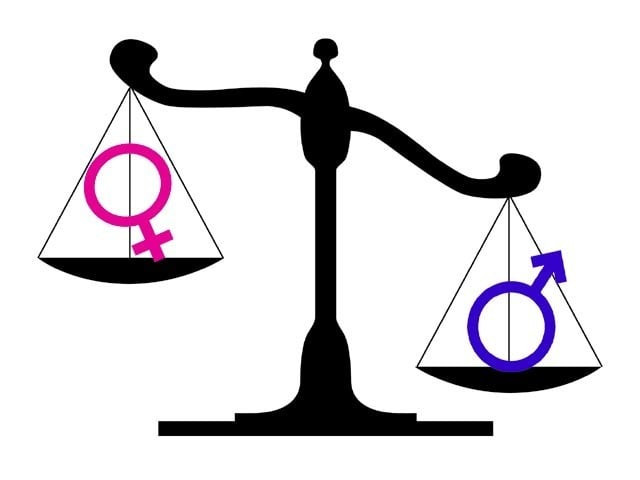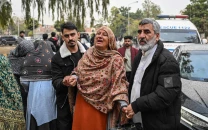Empowering women in Pakistan: Financial literacy as a catalyst for inclusion
In Pakistan vast parts of the population, especially women, are excluded from formal financial mechanisms

In Pakistan vast parts of the population, especially women, are excluded from formal financial mechanisms. As the digital age dawns, there is an increasing urgency to bridge this gap and bring about genuine financial inclusion.
Pakistan's commercial banks, with their immense contribution to the GDP, have a pivotal role to play in alleviating poverty and stimulating economic development. The more inclusive the banking sector, the better equipped the nation will be to harness its full economic potential. However according to the ‘World Bank’s Global Findex Database 2021’ approximately 115 million adults in Pakistan, which accounts for about 8% of the world's unbanked population, are without access to regulated financial services. Moreover, while worldwide account ownership grew by 50% over the past decade, in Pakistan the account ownership grew by only 11 percent points (10% in 2011 to 21% in 2021). And according to data provided by Global Economy taken from the World Bank, Pakistan ranked 117th out of 121 countries in people with bank accounts (percent of the population over 14 years of age) in 2021. These daunting statistics are a reflection of the population’s low financial literacy hence leading to economic exclusion, limited risk management, low tax revenue, and low economic growth.
The gender disparity is particularly glaring as women make up more than half of the unbanked population, therefore aggravating the existing social and gender inequalities, by limiting opportunities for female empowerment through economic participation. Expressing concern. Mr. Noman Azhar, the Chief Officer of Zindigi Finance App, offered his perspective on the situation, stating, “The traditional social, economic, and financial structures in Pakistan tend to reinforce disparities between genders, resulting in constrained access to financial resources and opportunities for women. Nevertheless, the emergence of novel fintech solutions, exemplified by platforms like Zindigi, offer a promising avenue for mitigating this issue.”
The accelerated boom of various fintech platforms in recent years, with the mission to increase the banking population by providing a customer centric banking experience, have promoted greater inclusion of women in financial services. Branchless banking providers like Easypaisa and Jazz Cash, further underscores this evolution, offering efficient avenues to integrate women seamlessly into the financial fabric of the nation. Through these fintech solutions, women can seamlessly integrate themselves into the financial ecosystem, all from the convenience of their own homes. This innovative approach not only strives to rectify gender-based financial disparities but also represents a substantial step towards fostering greater financial inclusivity and gender equality in Pakistan. Mr. Azhar also shared figures highlighting the use of these avenues by women, stating, “We see a major difference in the percentage of female customers opting for Zindigi as compared to our traditional financial services channels. Specifically, the proportion of female customers in Gen Z is as high as 30%.”
However, in the grand scheme of Pakistan the utilization of these digital instruments remains low, further emphasizing the financial divide. This is where financial technology (fintech) can play a transformative role. The State Bank of Pakistan, recognizing the tectonic shifts fintech can bring is continually evaluating new business models to ensure the stability of Pakistan's financial ecosystem.
The Government of Pakistan, realizing the pressing need for inclusivity, has prioritized the National Financial Inclusion Strategy (NFIS). This ambitious agenda aims at enhancing digital payments, increasing the deposit base, broadening agricultural finance, and elevating the share of Islamic banking.
For women, especially in Pakistan, financial inclusion holds transformative potential. By expanding commercial branch networks and fostering collaborations with microfinance institutions, there's an opportunity to enhance accessibility across the nation. Coupled with this is the need for focused financial literacy initiatives, specifically tailored for women. These programs can serve as a powerful tool to demystify the complexities of the formal financial sector, thereby empowering women to confidently adopt and navigate digital financial platforms.
– The writer is an A level student at Karachi Grammar School


















COMMENTS
Comments are moderated and generally will be posted if they are on-topic and not abusive.
For more information, please see our Comments FAQ